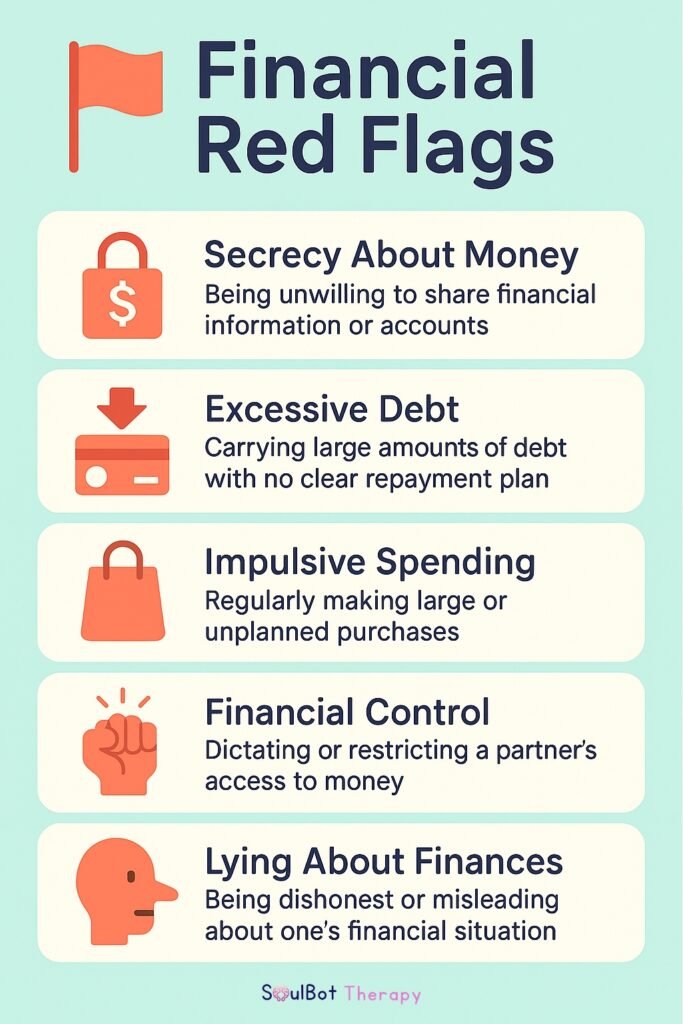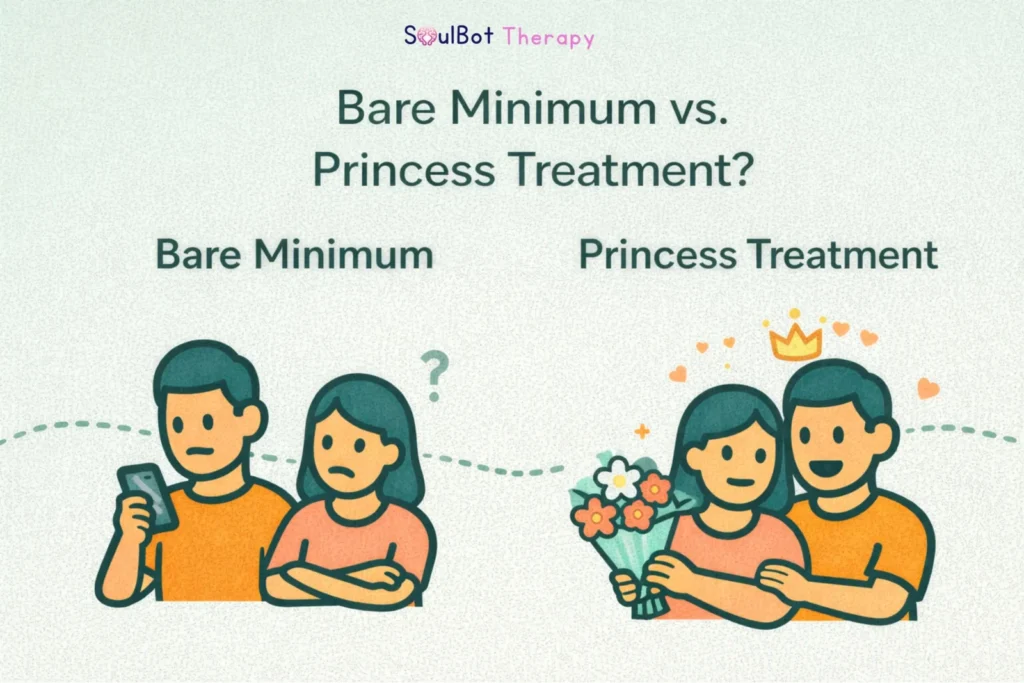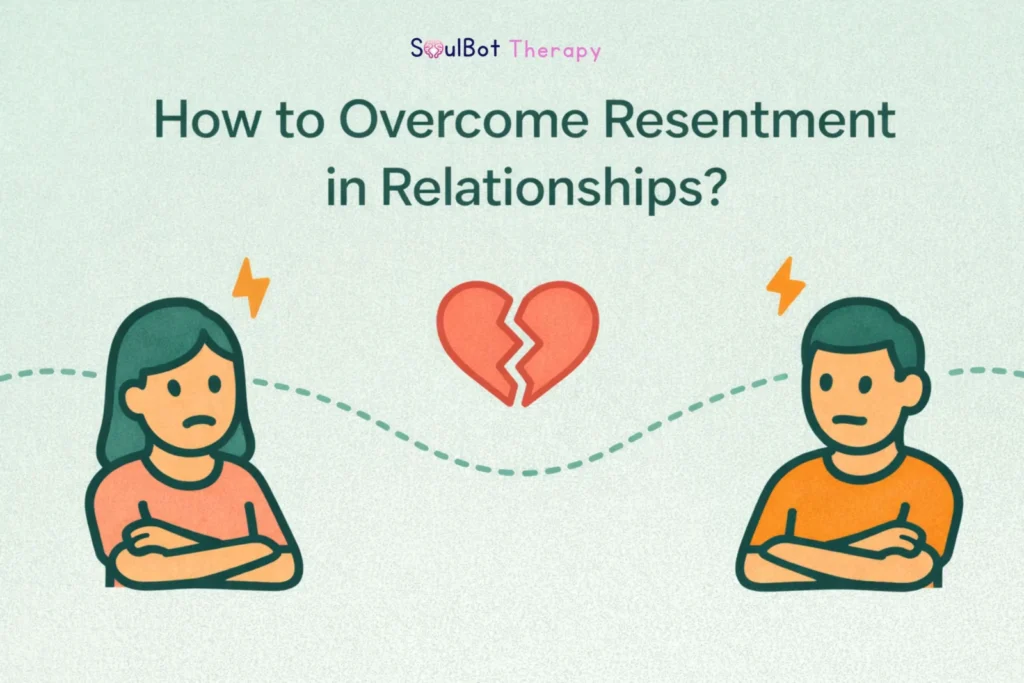Money is personal. And when you’re in a relationship, it becomes shared, which is where things often get messy.
Let’s be real: talking about money in relationships isn’t just about bills or budgets. It’s about trust, fear, power, security, and past baggage. If the thought of discussing bank balances with your partner makes you cringe or go silent, you’re not broken, you’re human.
But here’s the thing: avoiding financial conversations doesn’t protect the relationship. It quietly erodes it.
So let’s talk about how to actually talk about money without shame, arguments, or awkward silence.
What Financial Intimacy Actually Looks Like
Most couples think they’re being intimate because they share a Netflix password. But financial intimacy runs deeper.
It means you feel emotionally safe being honest about your spending habits, savings goals, or even financial mistakes.
- You’re not judged.
- You’re not gaslit.
- You’re seen.
This kind of emotional safety around money is what makes long-term trust possible. And if you’ve never had it before, good news: it’s a skill. You can build it.
How to Start the Conversation Without It Turning Into a Fight
Don’t just blurt out, “How much is in your savings account?” over breakfast. Timing matters.
Start low-stakes. Ask things like:
- “How did your family talk about money growing up?”
- “What makes you feel financially secure?”
- “What’s one thing you’d do with money if you didn’t feel guilty about it?”
These aren’t budgeting questions. They’re emotional ones. That’s the entry point to talking about money in relationships in a way that feels safe, not stressful.
Safe Frameworks for talking about money in relationships Without Losing Each Other
Here’s what usually goes wrong: one person talks numbers, the other hears judgment.
Instead, try:
- “I feel” statements – “I feel nervous when we spend without planning” hits differently than “You’re bad with money.”
- Set a money date – Block out time. No distractions. Just you, your partner, and the money stuff.
- Define money boundaries – What’s shared? What’s private? What’s non-negotiable?
If it gets heated, hit pause. Safe doesn’t mean perfect. It means respectful, honest, and open to growth.
💡 Fact: According to a study published in the National Library of Medicine, worrying about finances is strongly linked to increased anxiety, emotional strain, and reduced relationship satisfaction.
What are Financial Red Flags? (Before They Explode)
Some people avoid talking about money because deep down, they know there’s a problem. That’s understandable. But ignoring financial red flags and talking about money in relationships doesn’t make them go away; it just delays the fallout.
Watch for:
- Secret accounts or hidden purchases
- Guilt-tripping or shaming during money talks
- One partner controls all financial decisions
- Chronic debt with zero discussion or planning
These are more than money issues. There are communication and power issues. If something feels off, say it. Silence won’t save you; clarity might.

Budgeting as a Couple Isn’t About Control, It’s About Clarity
Let’s bust a myth: budgeting as a couple isn’t about one person setting limits while the other feels caged. Done right, it’s about mutual clarity.
Try this:
- Create shared goals (like a trip, savings target, or debt-free timeline)
- Keep a joint spreadsheet or app, but respect each other’s autonomy
- Have “yours, mine, and ours” categories so both partners feel independent and committed
Clarity breeds calm. And calm is what makes financial communication sustainable, not just survivable.
The Role of Mental Health in talking about money in relationships
If talking about money triggers shame, anxiety, or defensiveness, you’re not alone. Money is emotional.
Your past experiences, cultural upbringing, and mental health state all shape how you deal with finances in a relationship. Some people overspend to self-soothe. Others hoard money to feel safe. Neither is wrong—they just need awareness.
Tools like AI mental health support (like SoulBot) can help you understand your emotional patterns around money before projecting them onto your partner.
When to Get Outside Help?
Here’s a truth people don’t say enough: you don’t have to figure this out alone.
- A financial therapist helps couples navigate emotional money issues.
- A certified financial planner helps build sustainable money systems.
- Apps like SoulBot offer guided prompts if you’re not ready for therapy yet.
If you’ve hit a wall in your money talks, that doesn’t mean the relationship’s broken. It means the tools you’re using need an upgrade.
Final Thought: The Goal Isn’t Perfect Finances. It’s Safe Honesty.
You don’t need to have the same money habits. You need to do the talking about money in relationships. That’s the real goal.
Honest, respectful financial communication in relationships isn’t just about numbers—it’s about trust. It’s about saying, “I want to figure this out with you,” even when it’s awkward or stiff.
Start small. Stay curious. And when in doubt, pause, not shut down.
You can have different incomes, different money styles, even different debts, but if you have emotional safety and shared vision, you can build something real.
Related Reads
- How to Build Emotional Intimacy in a Relationship?
- Relationship Green Flags: 7 Signs You’re Building It Right
- Relationship Growth Checklist: Are You Growing Together or Apart?
- Relationship Red Flags You Should Never Ignore
- Conflict Resolution in Relationships: Strategies That Actually Work
- Relationship Trauma: How Your Past Shapes the Way You Love
- How to Rebuild Trust in Relationships After Betrayal?








